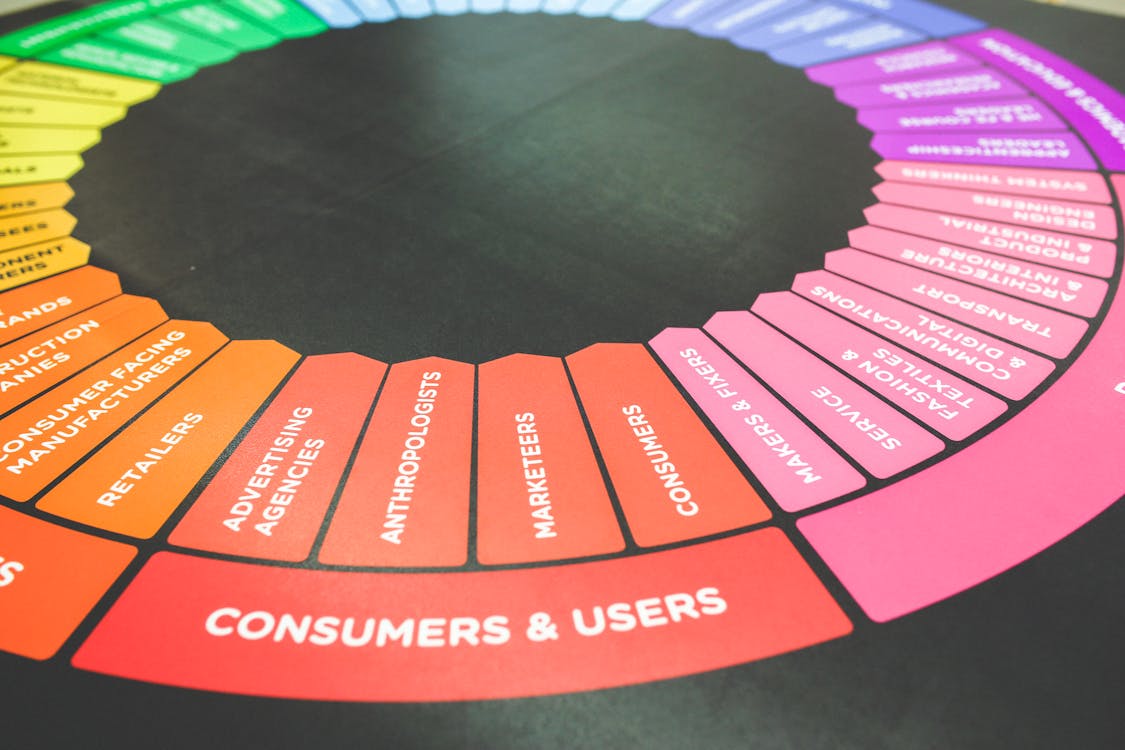Tips when You Are Ranking for Keywords in Google (Part 4)
This is will be the final post on the 4-part series on improving your keyword rankings. If you need to recap the previous blog posts, I’ll list them below for you:
- Tips when You Are Ranking for Keywords in Google (Part 1)
- Tips when You Are Ranking for Keywords in Google (Part 2)
- Tips when You Are Ranking for Keywords in Google (Part 3)
Below are the last 3 ways to enhance your keyword rankings in Google.
Get more inbound links.
Encourage people to start talking about your website. For you to get links, start linking external websites on your own website. If you link other people, they will link you too! It’s really about give and take. If you don’t link other websites, they won’t get motivated to link you back.
Without links, your SEO strategy won’t be complete. Of course, it’s all a collaborative effort from content, links down to the technical side like the website structure, and page speed.
It can be too much sometimes, but you just have to digest it little by little.
Here are some tips to remember:
- For you to gain links for your website, you need create a pieces that’s link-worthy. Do your own keyword research and see what your audience are searching.
- Next, you need to monitor all your brand mentions. Get on social media and listen to what people are saying about your brand. If they need help, be a friend and offer a helping hand. If they praised you, don’t forget to say thank you. This will you gain inbound links from different people and websites.
- Whether it’s a positive or negative review, acknowledge the efforts of your users to give you a constructive feedback. Use social media as a means to boost your link building efforts. Lastly, don’t forget to interact with people whether they are your customers or not. This helps build relationships and it is to convert people once they have formed a bond with your brand.
These are some of the basics to give you a head start. To know more tips, refer to this post: 5 Link Development Tips to Help Build Backlinks (Part 1) and 5 Link Development Tips to Help Build Backlinks (Part 2).
Advertise your content.
After all your efforts, you should also learn to promote them. It will all go to waste if you do not link social media and SEO. You see, the more content you have, the more opportunities for you to:
- have a higher website rank,
- get more social media interactions,
- and be more visible online.
While there are many different ways to advertise your content, applying these basic methods will help you go a long way.
- Be on different social media sites.
- Advertise your content on social media.
- Encourage people to subscribe to your email list.
- Let your web team know how to inspire social media shares.
- Set up your Google Alerts to monitor brand mentions.
- Help answer questions on forum sties like Quora or Reddit
Continue to develop new content.
Once you got the hang of it, don’t stop. Just continue to make something new stuffs for your audience. If to strive to make helpful and original content, your rankings on certains will surely increase.
If you don’t have anything in mind, try updating old content so they will become new again. Because if you have outdated content, your website rankings will surely go down.
For you to optimize content well, you need to consider these things:
- the relevance of your content to the readers,
- the purpose of the searchers on why the searched a particular keyword,
- and the readability of your content.
Your goal is always the users. How can you help them? How will you satisfy their needs? Optimizing on-page elements will surely convert them into avid fans. Thus, they will stay longer on your website.










